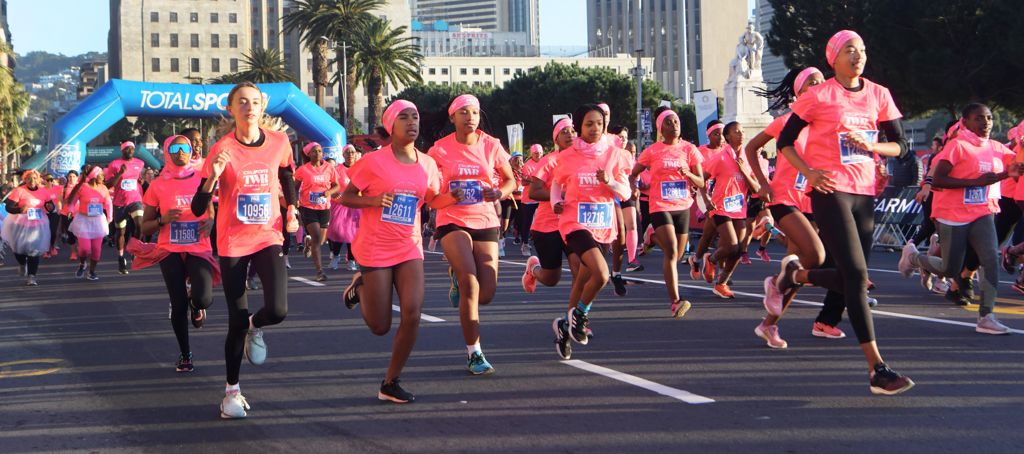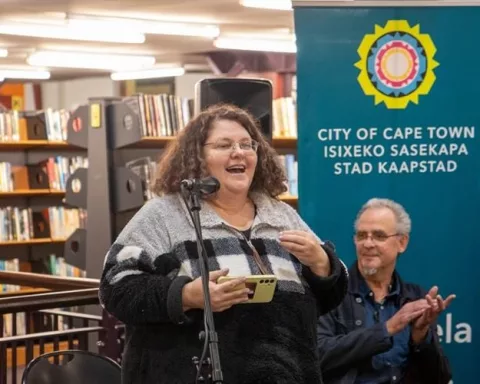Deputy Minister Nkosi Phathekile Holomisa gave an inspiring speech at the ICT SMME Certification Ceremony during the 2023 Corrections Week. Holomisa emphasized the importance of human rights and the responsibility of the Department of Correctional Services (DCS) to create a just and secure South Africa. Community Corrections plays a vital role in aiding the acceptance and social reintegration of offenders, and the DCS needs to reinforce partnerships to accomplish its objectives. The collaborative efforts of stakeholders are necessary to prepare inmates for life after release and create a safer and more just South Africa.
Deputy Minister’s Keynote Address
Deputy Minister Nkosi Phathekile Holomisa, MP, delivered an inspiring keynote speech at the ICT SMME Certification Ceremony to celebrate the 2023 Corrections Week at Alberton Community Centre. The event was attended by representatives from various government departments and entities, such as the Department of Correctional Services (DCS), National Youth Development Agency (NYDA), and the National Electronic Media Institute of South Africa (NEMISA).
Holomisa stressed the significance of human rights and dignity for all citizens and pointed out the responsibility of the DCS in creating a just, peaceful, and secure South Africa. He referred to the Nelson Mandela Rules, which the United Nations adopted in 2015 to guarantee that prisoners are treated in accordance with international human rights standards.
While there have been substantial advancements in upholding these principles within correctional centers, there is still room for growth. In 2020, the department approved the Social Reintegration Framework (SRF) to steer the efforts of Community Corrections, which supervises 218 facilities throughout the country. The primary objective of the SRF is to reshape the system of Community Corrections in light of current challenges and future opportunities.
Community Corrections and Social Reintegration
Community Corrections is crucial in aiding the acceptance and social reintegration of offenders within their respective communities. It also fosters a suitable environment for successful reintegration by involving stakeholders in the rehabilitation process. The SRF’s objectives encompass repositioning community corrections, standardizing services, supporting victims of crime and parolees, and promoting community ownership through restorative justice programs and economic opportunities.
To accomplish these objectives, the Department of Correctional Services needs to reinforce existing partnerships and forge new ones with government departments, the business sector, civil society organizations, non-profit organizations, and tertiary institutions. An example of such a partnership is the multi-sectoral coalition with Human Learning Capital Solutions (HCLS), SASSETA, NYDA, NEMISA, and Vaal University of Technology. This collaboration resulted in the Economic Stimulus intervention, empowering parolees, direct victims of crime, and community members (indirect victims of crime).
Since the beginning of democracy, the DCS has mainly concentrated on shifting from the inflexible prison system of the past to a more open and transparent correctional services system, in line with constitutional imperatives and international conventions. The department’s collaboration with NEMISA, demonstrated by the three-year Memorandum of Agreement signed during Corrections Week, guarantees the continuity of the ICT SMME model developed by HCLS and VUT. NEMISA’s co-labs in higher learning institutions will support the DCS in utilizing digital skills literacy for parolees and crime victims.
The Importance of Collaboration for a Safer South Africa
The event served as a reminder that although inmates are physically separated from society, they remain part of the community and will return upon their release. The rehabilitation and preparation of these individuals for life after release is the collective responsibility of all stakeholders, as the government cannot achieve this goal alone.
In his speech, Deputy Minister Holomisa highlighted the necessity for collaborative efforts to make a significant impact on the lives of parolees, crime victims, and the wider community. Through such partnerships, the Department of Correctional Services can continue to uphold the values of human dignity and rights for all citizens while working towards a safer and more just South Africa.
1. Who gave the keynote address at the ICT SMME Certification Ceremony during the 2023 Corrections Week?
Deputy Minister Nkosi Phathekile Holomisa gave the keynote address.
2. What did Deputy Minister Holomisa emphasize in his speech?
Deputy Minister Holomisa emphasized the importance of human rights and the responsibility of the Department of Correctional Services (DCS) to create a just and secure South Africa.
3. What is the significance of Community Corrections?
Community Corrections plays a vital role in aiding the acceptance and social reintegration of offenders within their respective communities.
4. What is the Social Reintegration Framework?
The Social Reintegration Framework (SRF) is a program approved by the DCS that steers the efforts of Community Corrections, which supervises 218 facilities throughout the country.
5. What are the objectives of the SRF?
The objectives of the SRF encompass repositioning community corrections, standardizing services, supporting victims of crime and parolees, and promoting community ownership through restorative justice programs and economic opportunities.
6. What is the importance of partnerships in achieving the objectives of Community Corrections?
Partnerships with government departments, the business sector, civil society organizations, non-profit organizations, and tertiary institutions are necessary to accomplish the objectives of Community Corrections.
7. What is the ICT SMME model?
The ICT SMME model is a program developed by Human Learning Capital Solutions (HCLS) and Vaal University of Technology to empower parolees, direct victims of crime, and community members (indirect victims of crime) through economic stimulus intervention.
8. What is the significance of collaborative efforts for a safer South Africa?
Collaborative efforts are necessary to make a significant impact on the lives of parolees, crime victims, and the wider community. Through such partnerships, the Department of Correctional Services can continue to uphold the values of human dignity and rights for all citizens while working towards a safer and more just South Africa.








